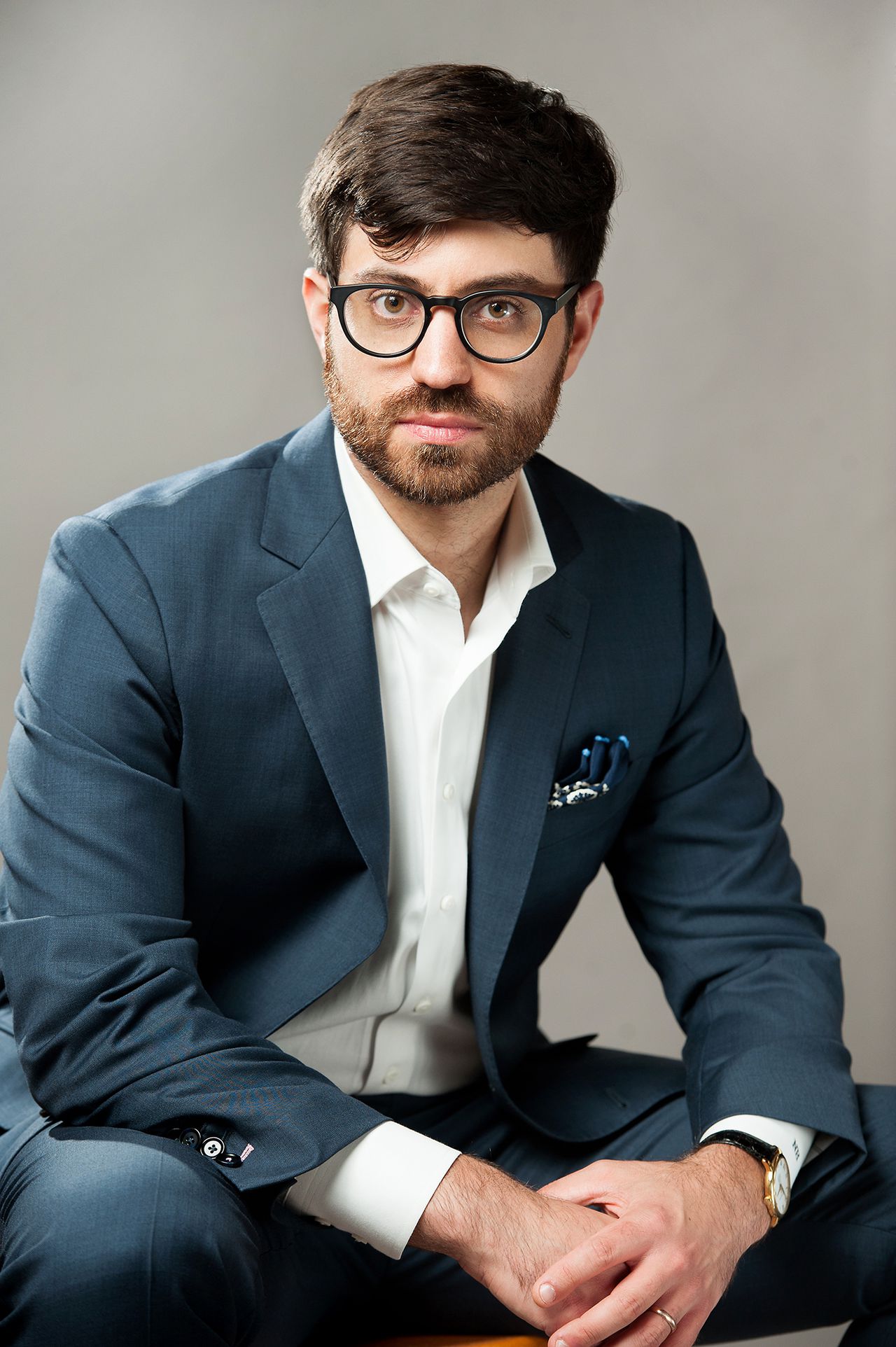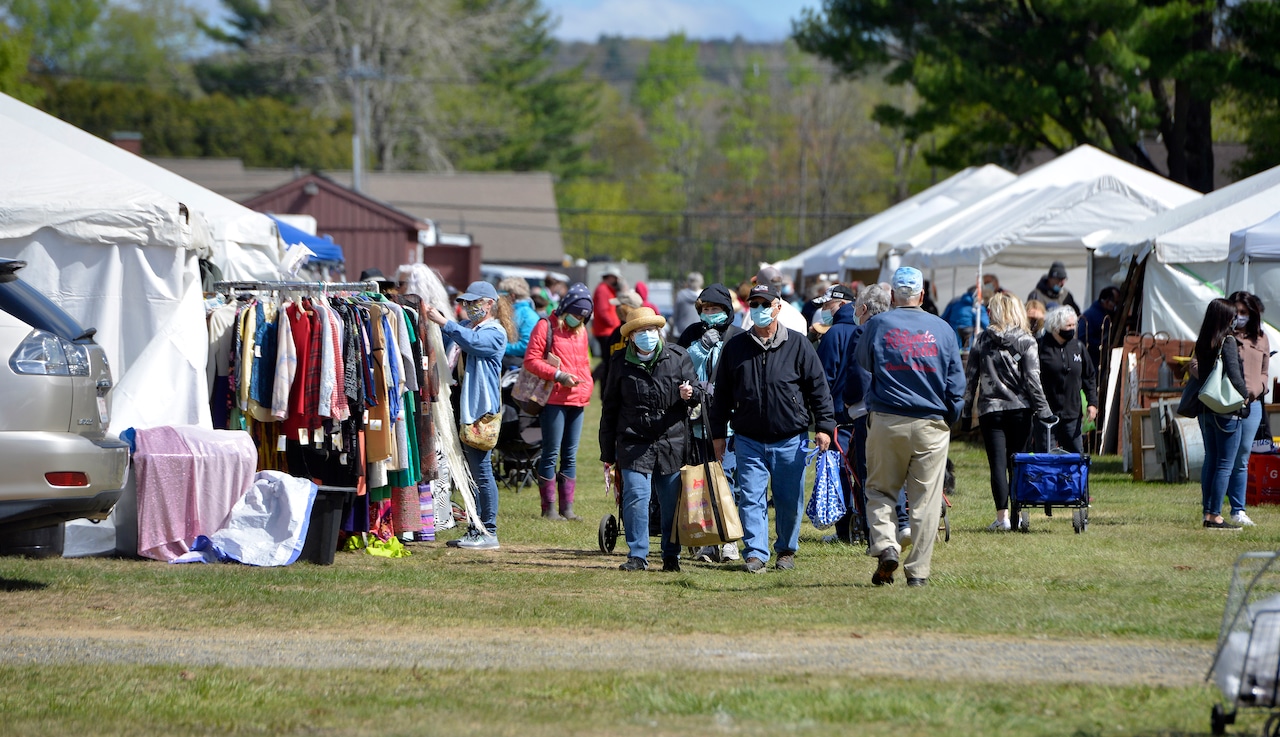Composers have been fascinated by the vastness of the universe for centuries. For the second concert of its 80th anniversary season, entitled “Heavenly!,” the Springfield Symphony Orchestra has chosen to explore that universe through some of the greatest works inspired by the mythic reaches of space. They will do this before dark, however. “Heavenly!” takes place at 2:30 p.m. on Nov. 4 in Symphony Hall, and is one of several concerts scheduled in the afternoon.
According to Executive Director Paul Lambert, the earlier start time is a reaction to feedback from audience members who were reluctant to come to the city at night, and to young families for whom the 7:30 p.m. start time was simply too late. “We are listening to our audience,” Lambert said.
The program opens with Danish composer Carl Nielsen’s “Helios” Overture, proceeds to Wolfgang Amadeus Mozart’s final symphony, nicknamed “Jupiter,” and concludes with Gustav Holst’s mammoth seven-movement orchestral suite, “The Planets.”
On the podium, making his debut with the SSO, is guest conductor Nicholas Hersh. In addition to being music director of the Modesto Symphony, Hersh has enjoyed a long association with the Baltimore Symphony, both as artistic director of its Youth Orchestras and as associate conductor, where he earned a reputation for innovative programming, and created the BSO Pulse series, which combined indie bands with orchestral musicians in unique collaborations. A prolific orchestrator and arranger, Hersh’s efforts include orchestrations of music by Clara Schumann, and a hugely popular orchestral cover of Queen’s “Bohemian Rhapsody.”
Carl Nielsen spent the winter of 1903 in Athens, Greece – significantly warmer than his native Denmark – and there derived inspiration for his “Helios” Overture, named after the Greek god who drives the chariot of the sun across the sky each day. He wrote to fellow Danish composer Thomas Laub, “My overture describes the movement of the sun through the heavens from morning to evening, but it is only called ‘Helios’ and no explanation is necessary. What do you say? Such a program title is not a nuisance. Light, Darkness, Sun, and Rain are almost the same as Credo, Crucifixus, Gloria, and so forth.”
Mozart wrote his last three symphonies with characteristic speed in the summer of 1788. The nickname “Jupiter” for the 41st (and last) was not given by the composer, but by either impresario Johann Peter Salomon or English publisher Johann Baptist Cramer, who claimed that the opening chords reminded him of Jupiter and his thunderbolts. Whoever first administered it, the nickname stuck, and Mozart’s “Jupiter” Symphony is positively Jovian in scope and compositional craft, a pinnacle of the composer’s catalog.
English composer Gustav Holst wrote his best-known work, “The Planets,” between 1914 and 1917, as World War I raged in Europe. The responsibilities imposed by Holst’s employment as head of music at St. Paul’s Girls School, Hammersmith, and director of music at Morley College meant that he could only compose on holidays and weekends, which accounts for the three-year gestation of “The Planets.” But it was clearly Holst’s destiny to write it.
A Spanish holiday with brothers Arnold and Clifford Bax and their discussions of astrology planted the seed. “Whether it’s good or bad,” Holst told Clifford Bax years later, “[The Planets] grew in my mind slowly—like a baby in a woman’s womb … For two years I had the intention of composing that cycle, and during those two years it seemed of itself more and more definitely to be taking form.”

Guest conductor Nicholas Hersh will lead the Springfield Symphony Orchestra on a journey through the stars during the “Heavenly!” concert on Nov. 4. (Photo courtesy SSO)
Although it seems that Holst originally intended to present the planets in solar system order, the eventual succession of the movements became determined by the character of the music in each of them (and perhaps, to a degree, the world context in which they came to be).
The piece opens with the juggernaut “Mars, the Bringer of War.” Composer Colin Matthews later wrote of that inexorable movement “…while battle music had been written before…it had never expressed such violence and sheer terror.” Fortunately, “Venus, the Bringer of Peace” follows on its heels. Holst’s biographer Michael Short called Venus “one of the most sublime evocations of peace in music.”
The remaining movements show us “Mercury, the Winged Messenger”; “Jupiter, the Bringer of Jollity”; “Saturn, the Bringer of Old Age”; “Uranus, the Magician”; and “Neptune, the Mystic,” which ends with the unearthly effect of a wordless treble chorus gradually muted by a slowly closing stage door.
Holst’s daughter Imogen wrote of the 1918 premiere of “The Planets,” conducted before an invited audience of 250 by Adrian Boult, “Even those listeners who had studied the score for months were taken aback by the unexpected clamor of Mars. During Jupiter the charwomen working in the corridors put down their scrubbing-brushes and began to dance. In Saturn the isolated listeners in the dark, half-empty hall felt themselves growing older at every bar. But it was the end of Neptune that was unforgettable, with its hidden chorus of women’s voices growing fainter and fainter in the distance, until the imagination knew no difference between sound and silence.”
In the work’s early days, it was often presented incomplete, a format its composer disliked intensely, in particular when he was asked to make a happy ending of the performance with “Jupiter.” “In the real world,” Holst said, “the end is not happy at all.” The first complete public performance was played by the London Symphony under Albert Coates in 1920. The first complete performance conducted by Holst occurred on Oct. 13, 1923 with the Queen’s Hall Orchestra, just over a century before the SSO is set to play it with Maestro Hersh.
Tickets for “Heavenly!”, priced from $25 to $75, may be obtained online or by calling the box office at 413-733-2291.





